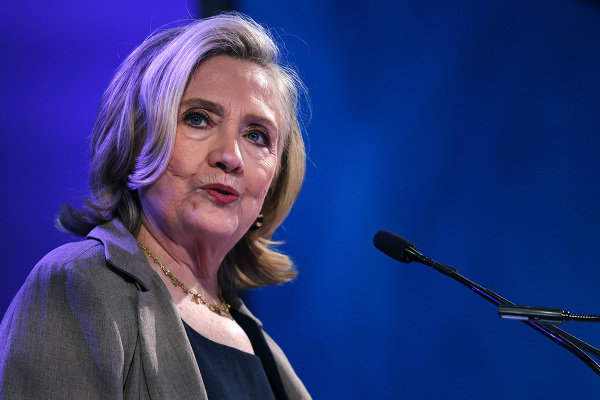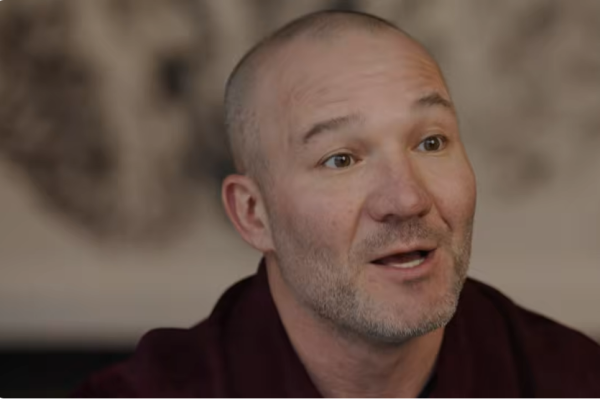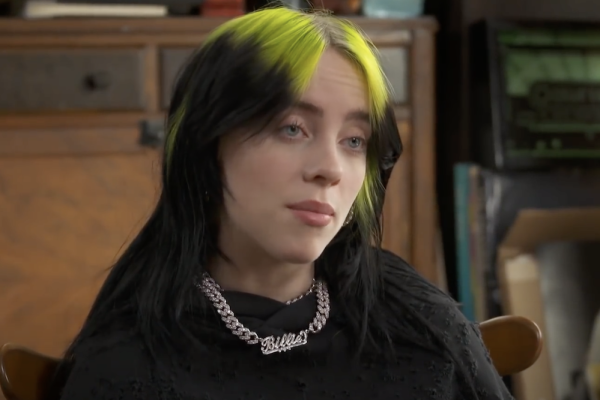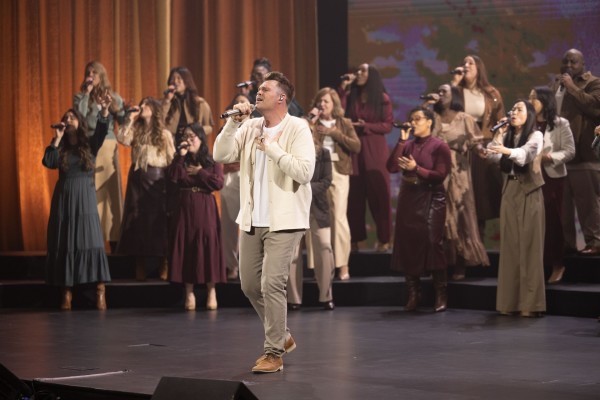DOJ warns San Francisco’s mayor that 1-person limit on church attendance is unconstitutional
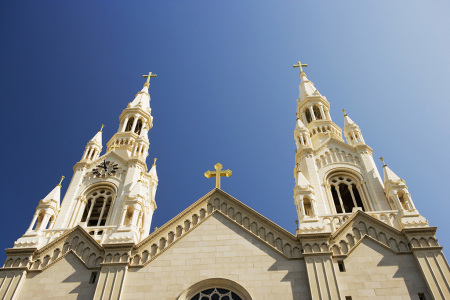
The Justice Department has warned San Francisco Mayor London Breed that the city’s limitations on indoor worship to one congregant at a time in response to the COVID-19 pandemic “is contrary to the Constitution and the nation’s best tradition of religious freedom.”
In response to the city's policy of only allowing one person at a time to enter houses of worship, the Justice Department said in its letter to Breed that the city could not limit places of worship to a single congregant while “allowing multiple patrons in other indoor settings including gyms, tattoo parlors, hair salons, massage studios, and daycares.”
The limitation is “draconian, out of step with the treatment afforded other similar indoor activities in San Francisco, wholly at odds with this Nation’s traditional understanding of religious liberty, and may violate the First Amendment to the Constitution,” wrote Assistant Attorney General for the Civil Rights Division Eric Dreiband and U.S. Attorney for the Northern District of California David Anderson.
The letter pointed out that there is no “pandemic exception” to the Constitution.
“Individual rights, including the protections in the Bill of Rights, are always operative and restrain government action. Thus, even in times of emergency, when reasonable, narrowly-tailored, and temporary restrictions may lawfully limit our liberty, the First Amendment and federal statutory law continue to prohibit discrimination against religious institutions and religious believers.”
Dreiband and Anderson added, “Government may not discriminate against religious gatherings compared to other nonreligious gatherings that have the same effect on the government’s public health interest, absent compelling reasons.”
San Francisco City Attorney Dennis Herrera responded to the DOJ’s letter by calling it “lobbing careless legal threats.”
Herrera added in a statement to KPIX that San Francisco was “opening at the speed of safety” and that the city planned to allow larger gatherings at churches “beyond what is described in the federal government’s letter.”
“It’s consistent with San Francisco’s careful approach and follows closely behind what the state of California allows,” Herrera said.
Herrera said the plan would be implemented Wednesday, allowing indoor religious services at 25% capacity up to 50 people, and outdoor services up to 100 people, with safety protocols.
Last Sunday, three eucharistic processions originating at Catholic parishes throughout the city converged at city hall as protesters participated in the “Free the Mass” event. From there, attendees marched to the Cathedral of St. Mary of the Assumption, where Archbishop Salvatore Cordileone led outdoor mass. “We’re very tired of being discriminated against because we’ve proven scientifically we can worship safely inside the church,” he said.
Cordileone’s discrimination claim was in response to the city's lockdown restrictions limiting outdoor worship services to 50 people and only one person at a time for an indoor prayer but no service. Similar limits were not placed on secular businesses such as grocery and retail stores. Cordileone and others accused San Francisco officials of violating citizens' First Amendment rights by enacting such restrictions.
“There’s no reason to keep us shut out of church. It’s a natural right protected by the First Amendment,” Cordileone added.
“My rights as an American citizen have been trampled upon,” said Guillermo Collado, a member of St. Peter’s Parish who attended the protest. “We’re equal under the law. And they’re not treating us that way. They’re treating us as non-essential, something that can be dispensed with.”
According to Becket, a religious liberty law firm, California is one of six states where religious services are “prohibited or subject to unequal treatment” as compared to the coronavirus restrictions placed on other businesses. The other states are Nevada, Virginia, New Jersey, Connecticut and Maine. Becket’s tracker of worship restrictions across the 50 states was last updated on Aug. 17.










